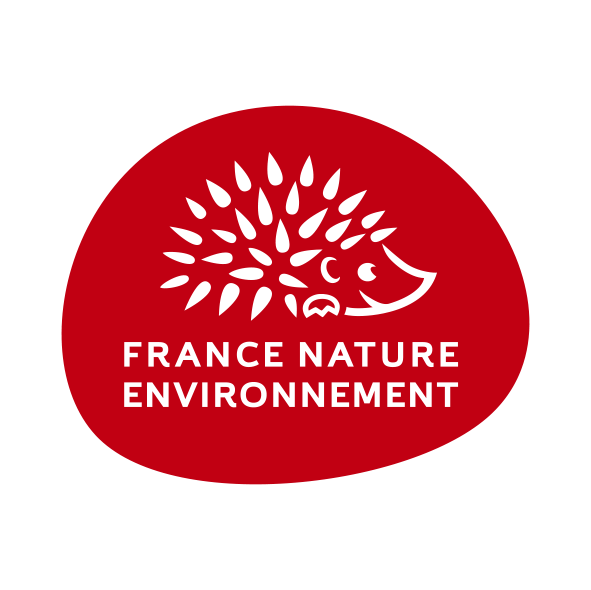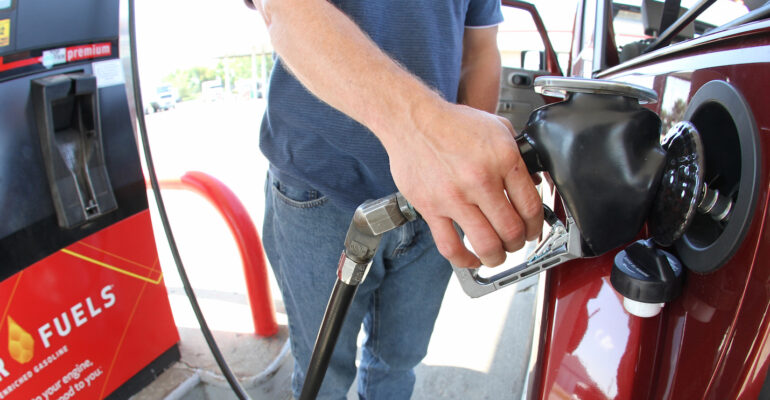Biofuels, doesn’t look like France is learning from mistakes
By guest author Camille Dorioz, Chargé de mission agriculture, FNE and Cyrielle Denhartigh, Responsible at Agriculture et Alimentation, RAC
France can be viewed as the nerve center of European biofuels production. Thanks to lobbying by the national agricultural sector and agroindustry, biofuels only continue to spread across the country. But after years of neglect, and public policies which haven’t offered any criteria to ensure long term sustainability, France is now struggling with the environmental consequences caused by the one million hectares of land dedicated to growing first generation biofuels.
France’s biofuels production is largely made up of biodiesel produced by the firm Avril-sofiprotéol, a leading figure in the European biofuels market and whose CEO also holds the presidency of France’s top agricultural union, the FNSEA (Fédération nationale des syndicats d’exploitants agricoles). So it’s no surprise the weight that the biofuels lobby has in France despite warnings from the FAO, the French national courts of audit and NGOs, who all advise against the use of first generation food based biofuels. In other words, it looks like French biofuels production is here to stay for a while longer.
Taking this national context into account, the role that France has played in the Renewable Energy Directive (RED) and the Fuel Quality Directive (FQD) negotiations in March 2015 is easier to understand. Indeed, France is the EU country that weakened the threshold to be placed on first generation biofuels (which initially was foreseen to be set at 5% but got pushed to 7%) to protect companies which already massively invested in first generation biofuels thanks to government subsidies. And today, despite societal and media pressure, the state continues to give in to the demands of this unsustainable sector.
A gripping example of this trend is obvious at the “Salon International de l’Agriculture” where biofuels lobbies ironically appear under the banner “mettons des petals dans nos reservoirs” (let’s use flower power in our fuel tanks), or at the COP21 in Paris with “Luttons contre les gaz à effet de serre avec des fleurs” (let’s fight greenhouse gases with flowers). The goal abundantly clear: to convince the general public that first generation biofuels are environmentally virtuous.
NGOs are keeping a close eye on the opening of a new biorefinery (from Total), which intends to produce biofuels from used oils or ‘undetermined quantities of imported palm oil’. FNE and RAC are especially keeping watchful on this particular case because of the weight France has in European negotiations and to make sure that newer generations of biofuels do not cause the same environmental consequences as the first food based biofuels. This translates into NGO presence in related working groups on bioeconomics and precise subjects like food crops for biogas, national biofuel targets, etc. But also in calling out French government and French MEP’s on biofuels issues directly or within traditional and social media.
If we consider the future of energy policy and the push to have a more holistic approach to determine the overall sustainability of bioenergy, including better defined criteria for biofuels production, we must have a more global vision and management strategy. We cannot manage bioenergy’s different uses separately without taking into consideration the various interactions between the different actors in the supply chain, or the global quantity of land used for production.
Banner photo: Fueling a tank (c) MPCA, Flickr Creative Commons
Note: The views and opinions expressed in this guest blog post are those of the author and not necessarily supported by BirdLife Europe/EEB/T&E.






